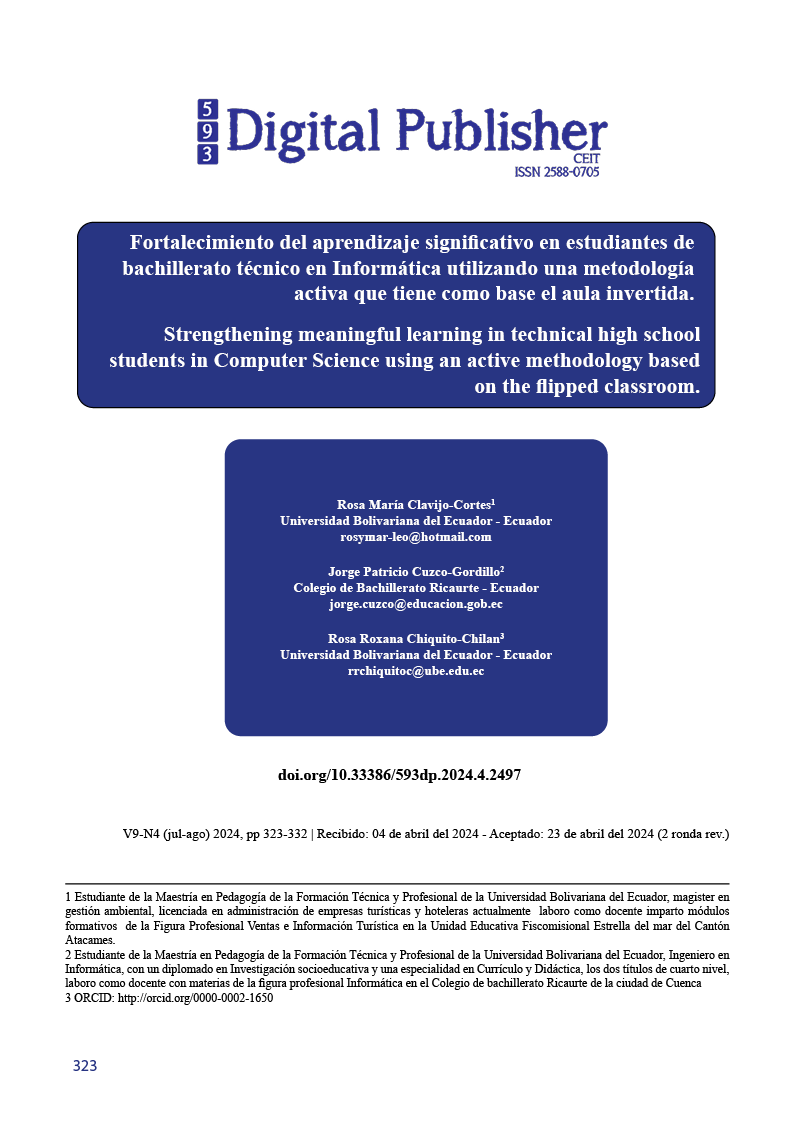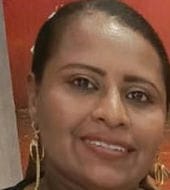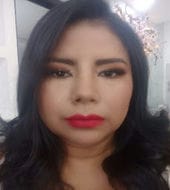Strengthening meaningful learning in technical high school students in Computer Science using an active methodology based on the flipped classroom
Main Article Content
Abstract
The purpose of the research project on meaningful learning in Computer Science students using the Flipped classroom is to apply an active methodology that strengthens the teaching model at the “Colegio de Bachillerato Ricaurte”. How does the application of the Flipped Classroom method strengthen meaningful learning in Computer Science students within the teaching-learning process? It is the question that allows traditional teaching to be turned around in an innovative and didactic way through technological tools and in this way it allowed us to analyze the theory of different authors based on quantitative and qualitative approaches, the type of empirical research allowed us to obtain information by verifying through means of surveys, interviews, the population was taken as 310 students from the technical high school FIP Computer Science, 6 teachers from the area in question, the vice-rector of the educational institution was interviewed, the sample was 90 first-year high school students, using non-probabilistic intentional sampling At the authors' discretion, the observation technique was used to diagnose the methodology and significant learning in the students. As a result, the teachers teach the training module of Operating Systems and Networks I in a traditional way, therefore, no learning is evident. significant, it is for this reason that the use of the Classroom platform was proposed for students to interact at home, it was concluded that the Flipped Classroom methodology will strengthen meaningful learning.
Downloads
Article Details

This work is licensed under a Creative Commons Attribution-NonCommercial-ShareAlike 4.0 International License.
1. Derechos de autor
Las obras que se publican en 593 Digital Publisher CEIT están sujetas a los siguientes términos:
1.1. 593 Digital Publisher CEIT, conserva los derechos patrimoniales (copyright) de las obras publicadas, favorece y permite la reutilización de las mismas bajo la licencia Licencia Creative Commons 4.0 de Reconocimiento-NoComercial-CompartirIgual 4.0, por lo cual se pueden copiar, usar, difundir, transmitir y exponer públicamente, siempre que:
1.1.a. Se cite la autoría y fuente original de su publicación (revista, editorial, URL).
1.1.b. No se usen para fines comerciales u onerosos.
1.1.c. Se mencione la existencia y especificaciones de esta licencia de uso.
References
Aparicio, P. E. (2018). Repositorio Académico USMP. https://repositorio.usmp.edu.pe/bitstream/handle/20.500.12727/4375/mosquera_vge.pdf?sequence=1&isAllowed=y
Bacuilima Arévalo, A., García Herrera, D., Ochoa Encalada, S., & Erazo Álvarez, J. C. (2020). Google Classroom y Flipped Classroom como estrategias educativas en. EPISTEME KOINONIA - DIALNET, 83.
de León Ramos, G. A. (04 de 2013). Universidad de San Carlos de Guatemala. http://biblioteca.usac.edu.gt/tesis/29/29_0114.pdf
Del Peso Muñoz, J. E. (2022). UNIVERSIDAD ESTATAL PENÍNSULA DE SANTA ELENA. https://repositorio.upse.edu.ec/bitstream/46000/7953/1/UPSE-MPS-2022-0011.pdf
MINEDUC, M. D. (2023). COORDINACIÓN GENERAL DE GESTIÓN ESTRATÉGICA MINEDUC. https://educacion.gob.ec/wp-content/uploads/downloads/2023/02/PROYECTO_INVERSION-DNTE.pdf
Pantoja, H. A. (2022). Universidad Nacional Mayor de San Marcos. https://cybertesis.unmsm.edu.pe/bitstream/handle/20.500.12672/18973/Bautista_ph.pdf?sequence=1&isAllowed=y
Pilla Jerez, J. (2022). Universidad Técnica de Ambato. https://repositorio.uta.edu.ec/bitstream/123456789/35726/1/Trabajo%20de%20integracion%20curricular%20final%20Pilla%20Jerez%20Jazmina%20Johanna.pdf
Pintag, J. A. (06 de 2022). Pontificia Universidad Católica del Ecuador. https://repositorio.pucesa.edu.ec/bitstream/123456789/3684/1/77969.pdf
Rodríguez, N. R. (2015). El aprendizaje significativo y las técnicas de estudio, en el primer año del Bachillerato Técnico durante el año lectivo 2014 2015, del Colegio Particular Nueva Generación de Quito. Universidad Andina Simón Bolívar , 20.




